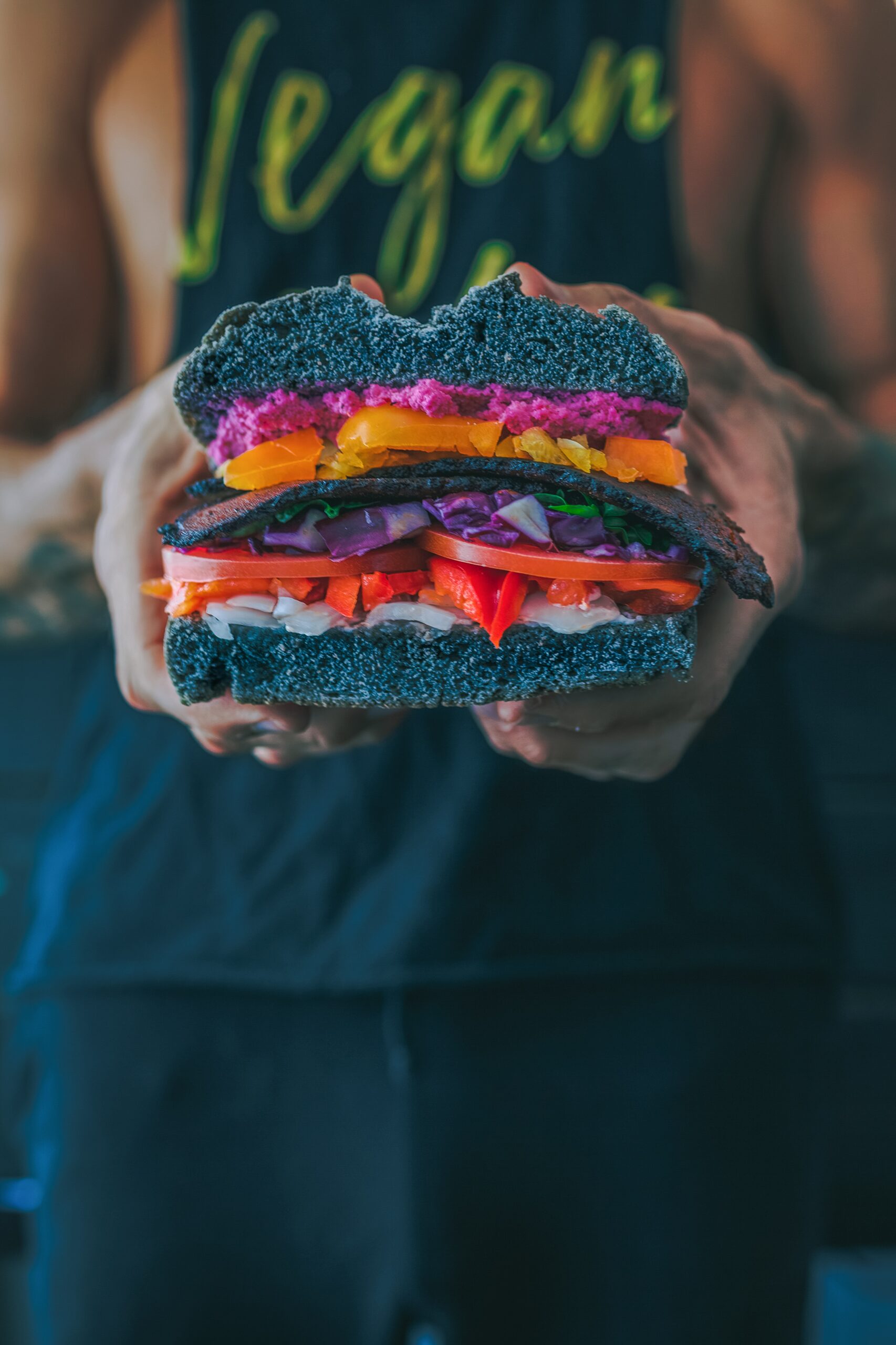Tim recently took a tongue-in-cheek look at the strange economics of fast food menus, but broader trends show how tightly our consumption habits are tied to the economy:
Meat is the single most expensive thing Americans eat, and in tough times it’s one of the first things to go. Fifty-one percent of shoppers surveyed by the American Meat Institute say they have changed their meat purchasing relative to the economy. Despite the recent increase in home cooking, the average family only prepares 3.9 evening meals that include a meat item, down from 4.2 meals last year.
…total beef demand is down 7 percent from the fourth quarter of 2007 to the fourth quarter of 2008 —- the equivalent of the entire metropolitan area of Atlanta becoming vegetarian. And farmers across the nation, anticipating continued low demand, are planning to cut their production of beef, pork, poultry, and milk, along with corn, wheat, rice, and peanuts.
This newfound flexitarianism — the term pressed into service to describe low-meat, non-vegetarian diets — will likely end when the recession is over, but the cookbook industry is capitalizing on the trend in the meantime. Titles like Almost Meatless and The Flexitarian Diet have garnered increased interest.
On a related note, a commenter on this blog posed a question a few months ago that I’ve been meaning to respond to ever since: what if a person just really likes red meat? I happen to think food preference counts for quite a lot, and I appreciate that deeply ingrained, culturally determined habits are hard to change. A couple of thoughts:
- The format of a typical, old-school American dinner — huge hunk of protein in the middle of the plate, surrounding by some starch and cooked veg — mostly precludes a low-carbon diet. The strategy of swapping that hunk of protein for something more environmentally friendly is usually a losing one, because most unadorned hunks of protein simply aren’t very appetizing. Boneless, skinless chicken breasts, for example, are what they serve on airplanes — in hell.
- So to cut carbon from your diet, you’ll probably have to mix up the format, which means looking to other cuisines. The entire rest of the world eats less meat than Americans. Most of the rest of the world also eats better-tasting food than Americans.
- If you’re new to this, it probably makes sense to pick a cuisine or a cookbook and stick with it for a while, because getting your pantry set up appropriately vastly increases the convenience of cooking.
- A lot of cultures use meat more as a seasoning or a flavoring than as the star of the show. Brussel sprouts are good. Brussel sprouts with bacon are slap-your-mama good.
Anyone else have any thoughts on weaning steak-lovers from their prime rib?
Brought to you by terrapass.com
Featured image







